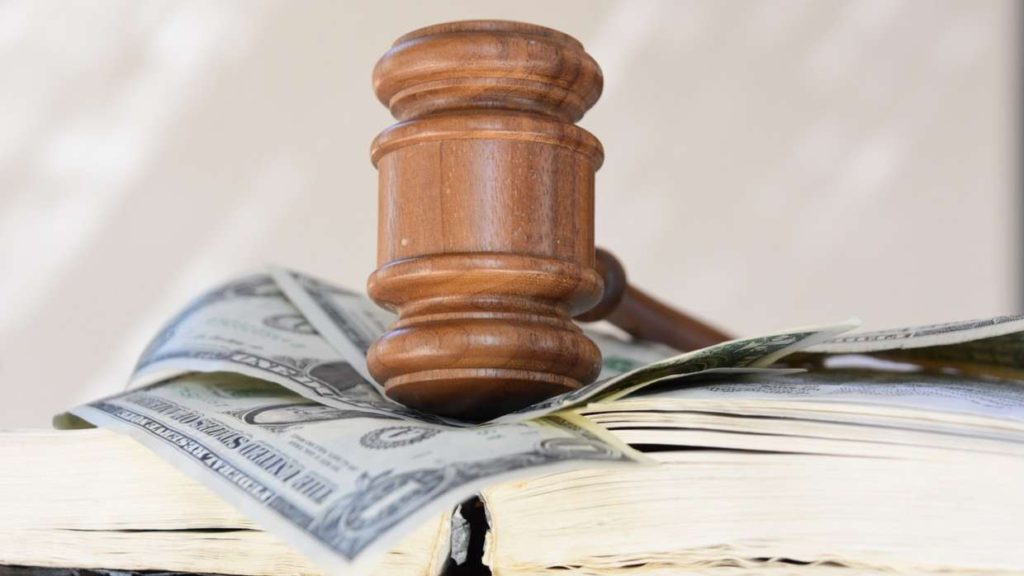No Charitable Deduction Without a Proper Appraisal


In a new Tax Court case, (Pankratz, TC Memo 2021-26 3/3/21), charitable deductions were denied because an appraiser didn’t meet the requisite standards.
Background: Generally, a taxpayer may deduct the fair market value (FMV) of property owned longer than a year. For example, if you bought a sculpture for $2,000 five years ago that has a current FMV of $10,000 and you donate it to a museum, you can deduct the full $10,000. There’s no tax due on the $8,000 appreciation in value—ever.
However, a donor making a non-cash charitable contribution exceeding $5,000 must obtain a qualified appraisal of the property. The appraisal, which is summarized on Form 8283 and usually attached to a tax return, must be prepared by an independent appraiser by the return due date, plus any extensions, for the year of the donation. It includes a description of the property, the appraiser’s qualifications, the appraisal dates, the valuation method used and the specific basis for the valuation.
If these requirements aren’t met, no deduction is allowed. Exception: A deduction may not be denied if you can show that the failure to obtain a qualified appraisal was due to reasonable cause and not willful neglect.
Facts of the new case: The taxpayer, a resident of South Dakota, was a successful pathologist and a leading authority in his field. In 208 and 2009, he made several large non-cash contributions to charities, including the following three donations:
- Interests in four oil and gas projects. The taxpayer valued the donation to a church at $2 million based on his purchase price as well as what he said he expected its appreciation to be. He did not obtain a professional appraisal of these interests before he filed his return.
- 5.78 acres of land to Rapid City, South Dakota for road and utility improvements. He never obtained a professional appraisal of this property and subsequently conceded that the donation should be disallowed.
- A conference center—both the building and surrounding land—to a religious charity. To determine its value, the taxpayer sought assistance from outsiders, but eventually claimed a deduction based on the total cost of the conference center. He did not obtain an appraisal.
Although an appraisal is generally required to substantiate deduction above $5,000, the taxpayer claimed that he relied on the advice of a professional, the preparer of his returns for the tax years in question. Thus, he argued that the omission was due to reasonable cause and not willful neglect.
However, to qualify for the exception, you must satisfy a three-part test under the regulations.
1. The professional must be competent
2. The taxpayer must provide the professional with the required accurate information
3. The taxpayer must show a good faith reliance on the professional’s advice
In this case at hand, the taxpayer didn’t satisfy the test. Significantly, the professional he consulted with was not a CPA or even a regular tax return preparer for that matter.
To compound his mistakes, the taxpayer failed to review the return before the returns were filed. The Tax Court noted that a quick look at Form 8283 would have indicated that an appraisal was necessary. Result: The Tax Court denied the charitable deductions and imposed negligence penalties.
Moral of the story: As a CPA, clients will rely on your expertise relating to tax matters, including those involving large charitable deductions for non-cash gifts of property. Rest assured, the tax stakes are high. Ensure that the requirements for qualified appraisals are met.

